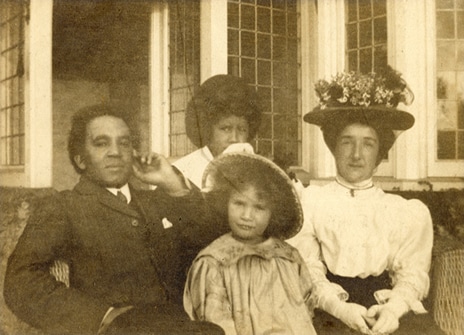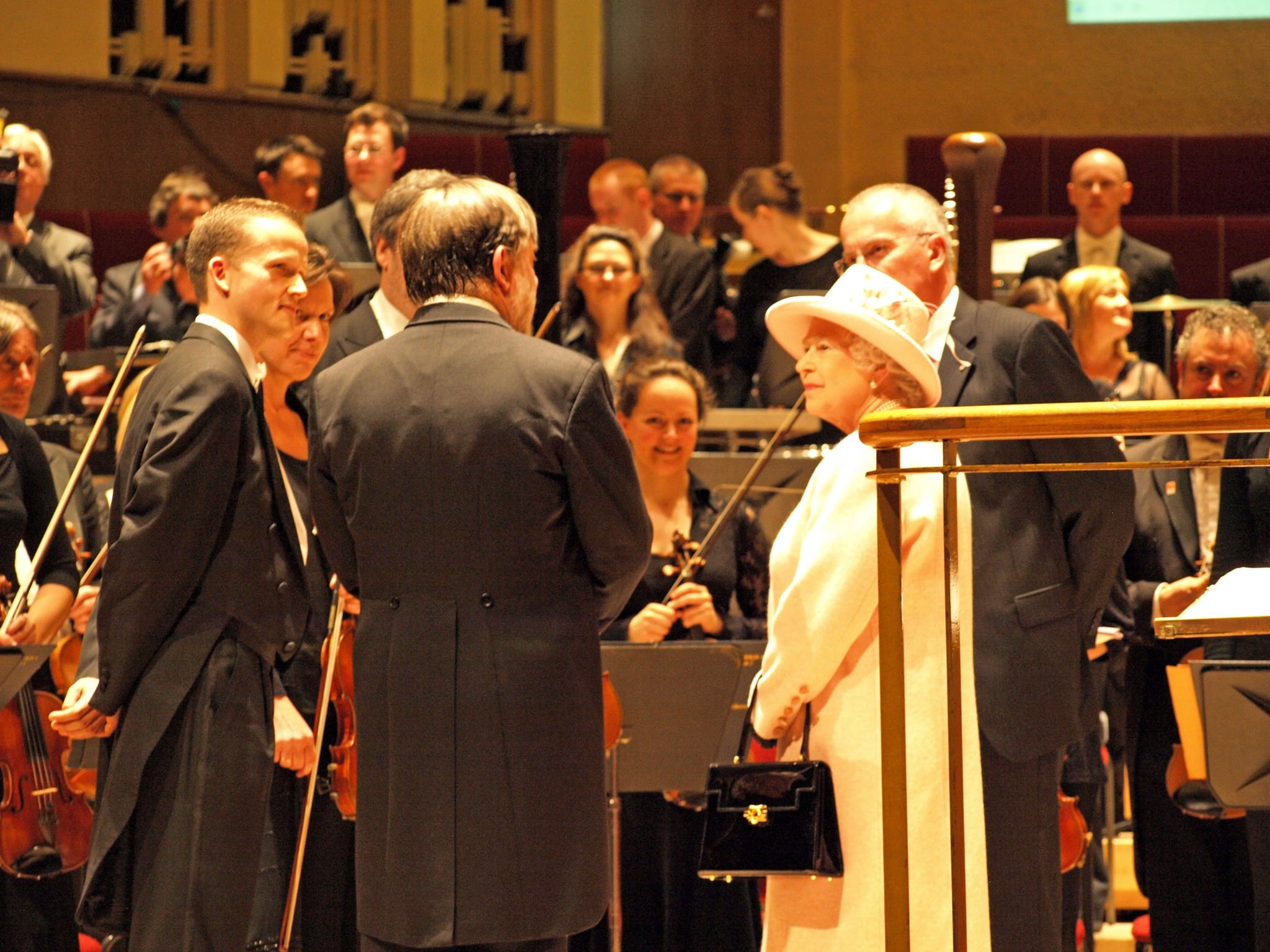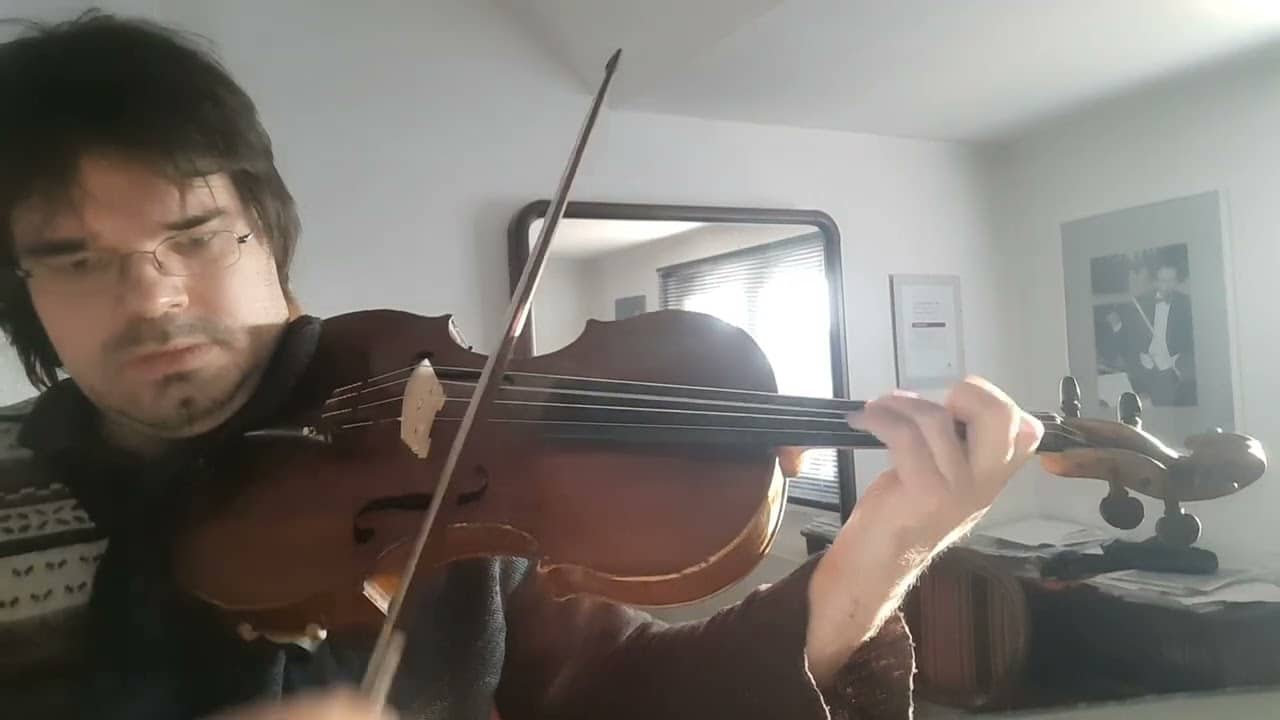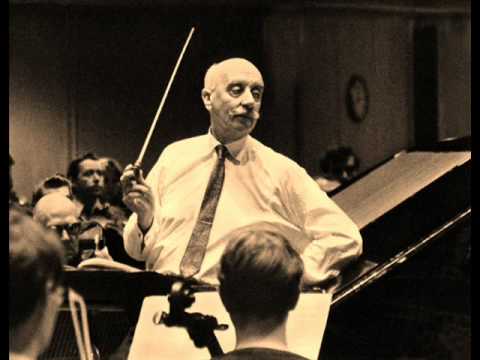One of the year’s most atmospheric records
mainFrom the Lebrecht Album of the Week:
Winston Churchill’s famous witticism that Britain and America are divided by a common language is equally true of their musical output. In late-romantic repertoire, the accent on either side is so strong that a listener could never possibly mistake Elgar for Barber, let alone Britten for Bernstein…

Read on here.
And here.
In The Critic.
In Spanish.
In Czech.





I thought it was George Bernard Shaw who made the quip.
“What Smart and Uttley do, and do well, is to present these period pieces without overt intervention, allowing the listener to draw impressions and conclusions. The result is one of the year’s most atmospheric releases.”
That’s a good recommendation, enough that I’ll order the disk. But only THREE stars? NL is one tough grader!
Britten’s An American Overture from 1941 could actually fool you.
I think it was GBS, not Churchill
It is a wonderful album and deserves five stars in my opinion. I have been listening on repeat!
Good observations. The Englishness of Delius or Vaughan Williams is unmistakable to me. But another who caught an “American” sound uncannily in music is Dvorak in the “New World” symphony. And how Barber could write such a timeless, almost Corelli-like “Adagio for Strings”isa stupending mystery of musical ventriloquism.
I muse over the national sound of French, Russian, Bohemian, Polish, Viennese, Spanish, Italian, Irish, Scottish music, quite apart from the clihes. Why should it be so? How did it develop, and become identified with a particular people or nation?
It stems from the 19th century when composers got bored with the international classical style, which was a fusion of Italian, French and German components which lost their national flavour in the mix. They tried to find some more characteristic elements in national folklore, ideas, myths, etc. and cultivated aspects of taste and mood. The results are often entirely artifical and when imitated, they became trends – composers imitating each other’s stylistic traits. Cultural traditions are accessible by any artist depending upon fantasy, individual character and talent, not nationality. In theory, it would have been possible that Bartok was an excitable Belgian emigrating to Budapest, Elgar a born rather timid Italian, Stravinsky a born Irishman preferring Russian colours.
Frankly I know too little of the music of that early generation of American composers that was active before 1900. John Knowles Paine, Horatio Parker, Arthur Bird and that group. Their influences were German but then so were Elgar’s. There is just too much unknown American music, particularly chamber music, before the era we think of the golden age of the 1930s to 1950s, to make the call. Thus the entire premise seems to stand on rather inadequate information, at least to convince me.
Charles Tomlinson Griffes’s White Peacock and Poem for Flute and Orchestra are pretty hard to peg as “American” music. Vaguely French, as were some works by Vaughn Williams for example, yet not French.
Arthur Foote’s string Suite (recorded by the Boston Symphony on 78s) could pass at times for being within the glorious English tradition of works for large string sections. I have played Arthur Foote’s Three Character Pieces for violin and piano and in my opinion they could pass for Elgar at times. The violin teacher I studied them under has recorded them and here is the Morning Song on YouTube so you can decide
https://www.youtube.com/watch?v=QatOGsL5TTU
Another 19th century American composer to check out is Louis Moreau Gottschalk. He was born in New Orleans.
https://en.wikipedia.org/wiki/Louis_Moreau_Gottschalk
John Knowles Paine’s two symphonies and Mass ae solid works that I like as such, within reason.. tThe first symphony, recorded by Mehta and the NYPO for New World, has a striking Mahleresque adagio.
The question that Norman’s interesting review throws-up is: should artists reflect the concrete reality around them if they want to be authentic? Is expressing the circumstances of the world a condition to be ‘of your time’? Can artistic quality only be achieved if it is directly related to worldly concerns?
If so, what to make of Bach’s entire oeuvre, so shortly after the 30 years war which destroyed half of the Germanic lands? And Mozart’s music, which does not express the ideas of the French Revolution – apart from some tiny glimpses in Figaro?
What goes-on in the world while artists are creating their work, may or may not have an influence upon how they express themselves, but that is an indirect and unconscious process, not a direct causality and definitely not a measurement of assessment of value.
What a beautiful and funny time that was, when ladies sported big hats with flowers and fruit (picture).